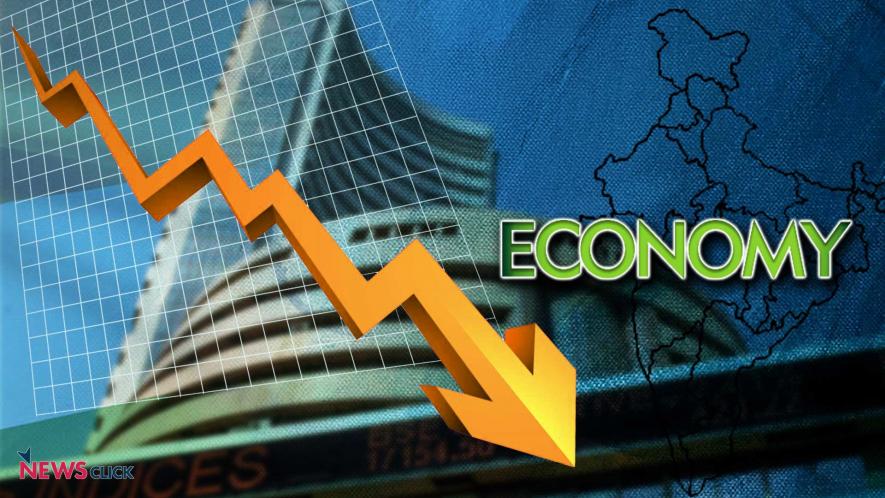Editorial
The United Nations International Day of Democracy is a global observance that aims to promote and uphold the principles of democracy. It was established by the UN General Assembly in 2007 and is celebrated every year on September 15. The day provides an opportunity to review the state of democracy in the world and encourage all people’s participation in democratic processes.
The theme for this year’s International Day of Democracy is “Empowering the Next Generation”, which focuses on the essential role of young people in advancing democracy and ensuring that their voices are included in the decisions that affect their lives. The UN Secretary-General, António Guterres, has warned that democracy faces many challenges, such as shrinking civic space, distrust and disinformation, and polarization undermining democratic institutions. He has called for standing up for the democratic principles of equality, inclusion, and solidarity and standing with those who strive to secure the rule of law and promote full participation in decision-making.
The relevance of this day for democracy in Pakistan is significant, as Pakistan has experienced a long and uneasy evolutionary process as a democracy. Since its independence in 1947, Pakistan has alternated between civilian and military governments, with several coups d’états, constitutional crises, and political instability. The democratic elections held in 2018 were the first to conclude a complete five-year term in the nation’s political history. However, the election was marred by allegations of pre-poll rigging, media censorship, judicial interference, and military influence. The current prime minister, Imran Khan, rose to power on a populist platform, presenting himself as the non-corrupt alternative to the traditional parties. He has also expressed anti-West, pro-Taliban views that have raised concerns about his foreign policy orientation.
Pakistan faces many challenges to consolidate its democracy and ensure its responsiveness to the needs and aspirations of its people, especially its youth. According to the UNDP, Pakistan has one of the largest youth populations in the world, with 64 per cent of its population under 30 years of age. However, young people face many barriers to accessing education, employment, health care, and civic participation. They also suffer from social exclusion, discrimination, violence, and extremism. Therefore, empowering the next generation in Pakistan is crucial for strengthening democracy and fostering peace and development. Some of the steps that can be taken to achieve this goal are:
- Enhancing the quality and inclusiveness of education and providing opportunities for skill development and lifelong learning.
- Creating decent jobs and livelihoods for young people and supporting their entrepreneurship and innovation.
- Improving the access and affordability of health care services, especially reproductive health and mental health.
- Promoting the civic engagement and political participation of young people and ensuring their representation in decision-making bodies at all levels.
- Protecting the human rights and fundamental freedoms of young people and preventing all forms of violence and discrimination against them.
- Supporting the role of young people as agents of change and peacebuilders and encouraging their involvement in social movements and civil society organizations.
By empowering the next generation in Pakistan, democracy can be revitalized and sustained as a system that delivers for all people. The International Day of Democracy is an occasion to celebrate the achievements of democracy in Pakistan and also to reflect on its challenges and opportunities. It is a day to reaffirm the commitment to democratic values and principles and to work together for a more inclusive, responsive, and accountable democracy.
Pl, subscribe to the YouTube channel of republicpolicy.com

















